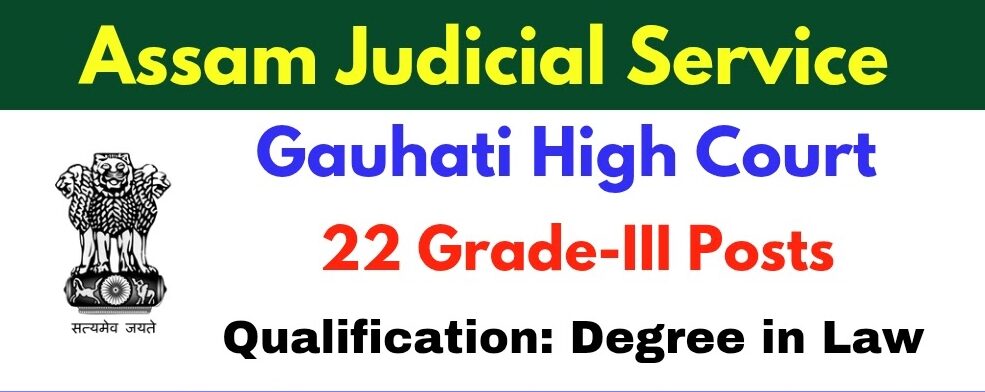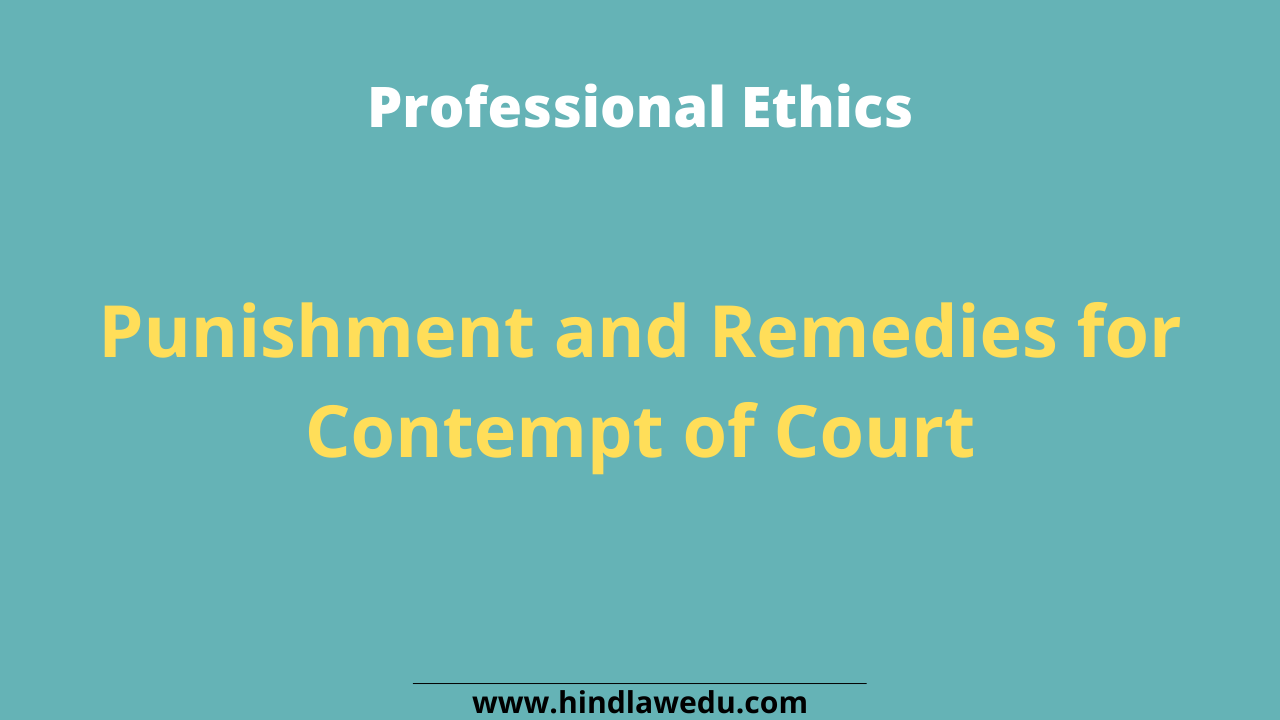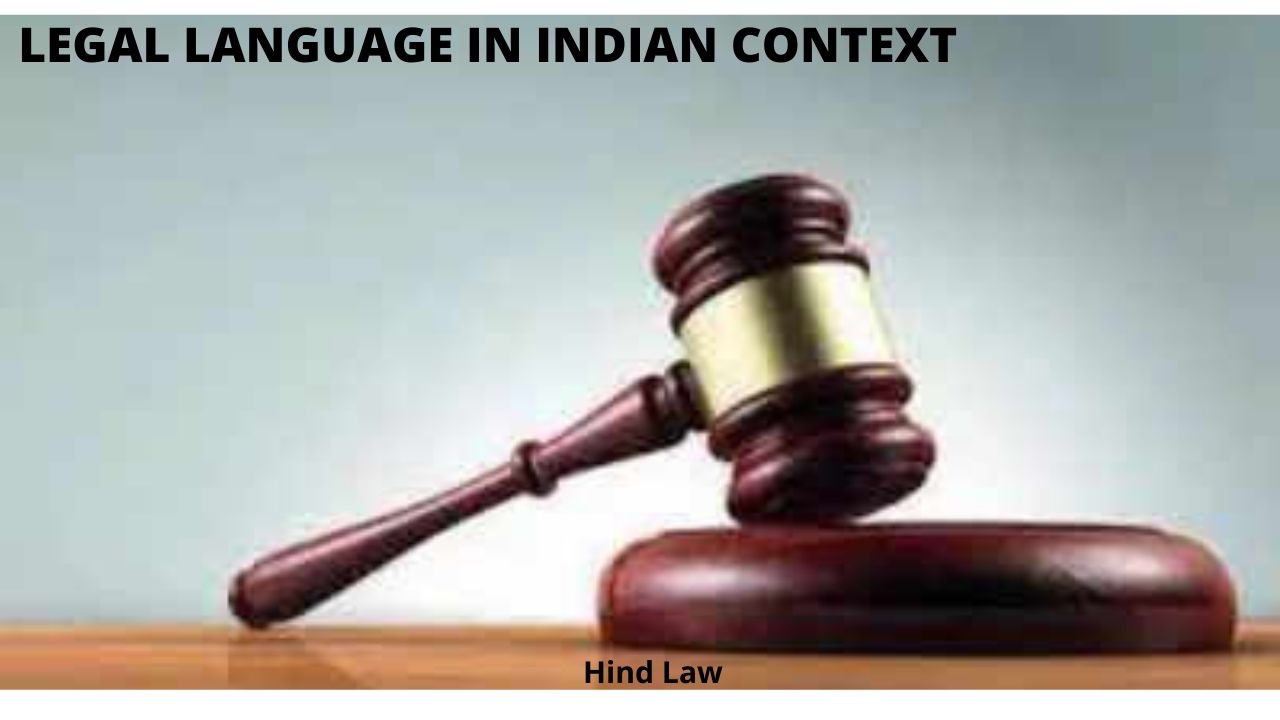The Main Objectives And Salient Features Of Arbitration & Conciliation Act, 1996.

Introduction In the present time, the arbitration is governed by the law of arbitration which is provided under the Arbitration and Conciliation Act, 1996. Earlier to this Act, there were 3 Acts that governed the law of arbitration in India that are as follows: The Arbitration (Protocol and Convention) Act, 1937. The Arbitration Act, 1940….
Read More “The Main Objectives And Salient Features Of Arbitration & Conciliation Act, 1996.” »








